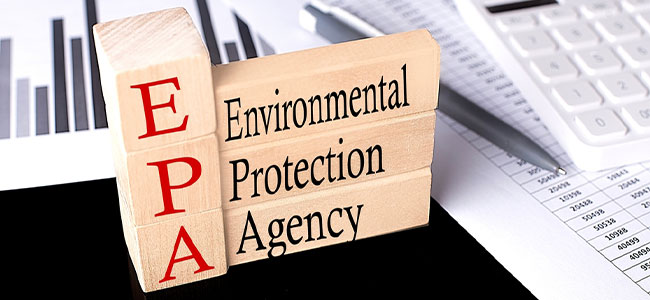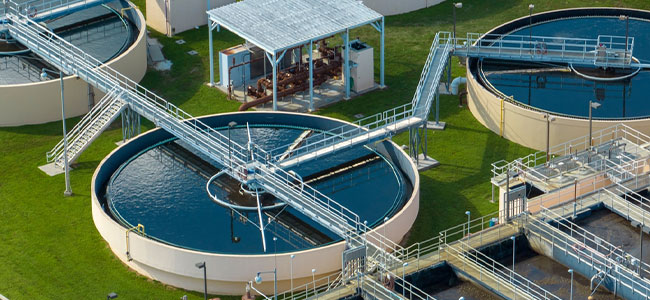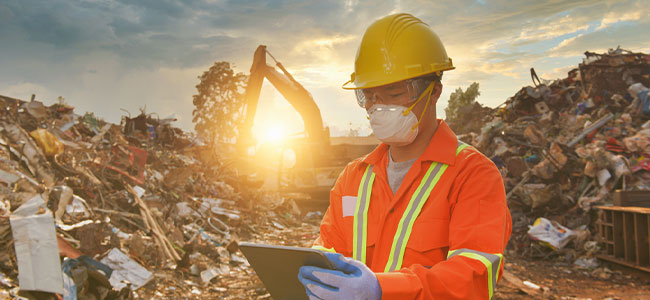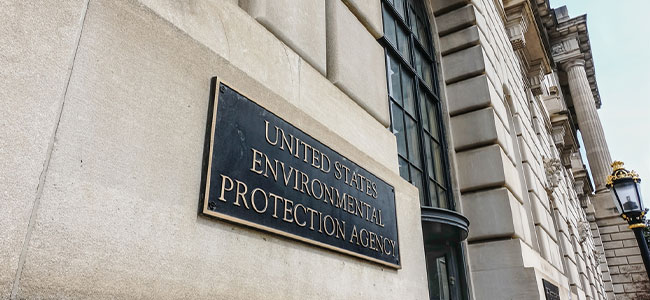
Solar streetlights harness the power of the sun to provide efficient and eco-friendly lighting solutions, contributing to sustainable urban development like never before.

Twenty-two small businesses will each receive $100,000 to develop new environmental technology.

The use of a computerized maintenance management system (CMMS) can help water treatment plants optimize their maintenance operations while reducing downtimes.

This is the fifth acquisition for TAS since partnering with Blue Point Capital Partners in 2019.

The agency will fund new projects at the Washington State Department of Health and the University of Washington.

The funding will go to safe drinking water and wastewater services.

Phase 1 focused of removing hazardous materials left after the wildfires.

The plan focuses on the remaining groundwater and soil contamination issues at the site.

Eleven companies were selected as winners for their product achievements.

CalPERS’ announcement received a mixed response, with some calling for full divestment.

The committee exclusively includes members between the ages of 16 and 29.

Innovative technologies are playing a crucial role in transforming environmental protection and sustainability efforts.

Discover effective ways to minimize your carbon footprint on a moving day. Embrace greener moving practices for a sustainable, eco-friendly relocation.

As wildfires become more frequent and severe, it’s time to reconsider how to handle indoor air quality.

The campaign will recognize the top three submissions in three different categories.

The project was a collaboration between the International Code Council and the National Environmental Health Association.

Composting may not be the first thing people think of in the fight against climate change, though it can immediately make an impact by reducing greenhouse gas emissions.

This first phase centers on the removal of hazardous materials.

People around the world express concerns related to wastewater treatment, but let's discuss the facts.

The agency acknowledged the groups for aiding in national water efficiency.